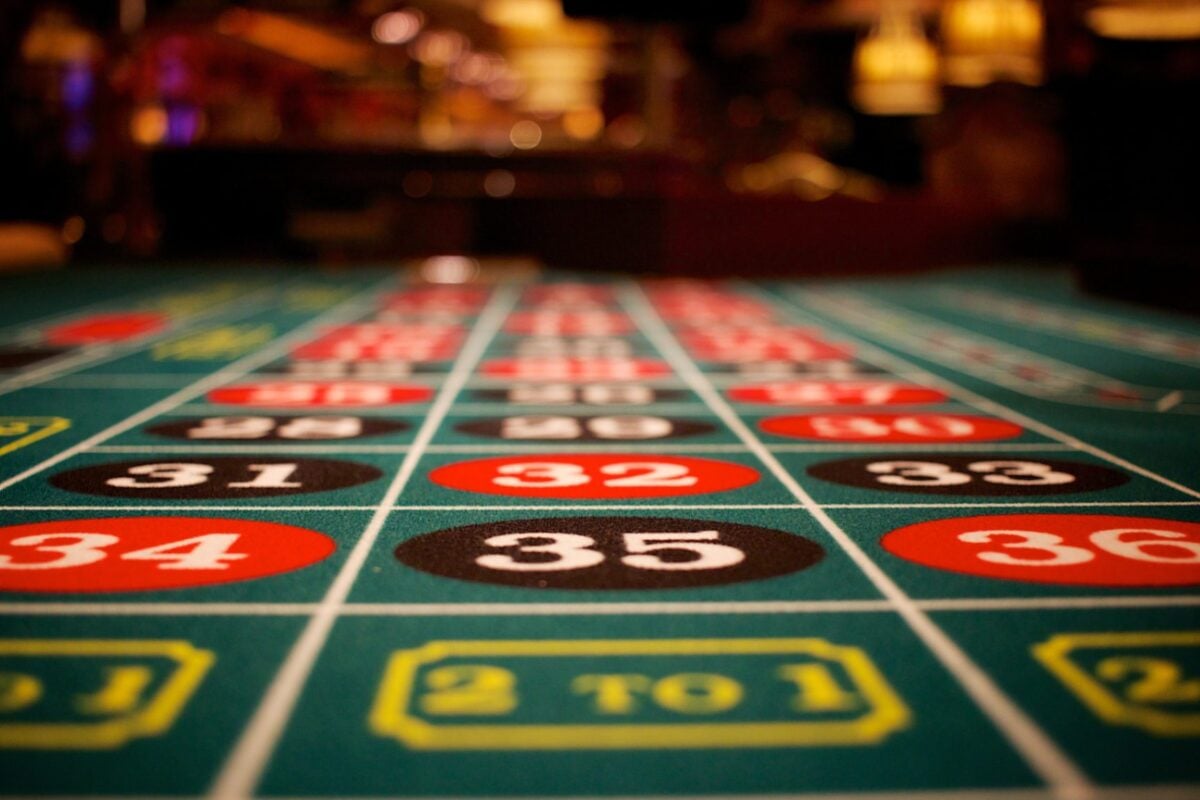The lottery is one of the most intriguing forms of entertainment and hope worldwide. From the glitz and glamour of multimillion-dollar jackpots to the simplicity of scratch-off tickets, the lottery captures the imaginations of millions every day. It’s a game of chance that promises the possibility of a life-changing win, but what lies behind the tickets and numbers? TC Lottery
The History of the Lottery
Lotteries have been around for centuries. The origins of the modern lottery trace back to ancient times. The earliest known lotteries date back to around 205 BC to 187 BC in China, where they were used to fund the construction of the Great Wall of China. In Europe, lotteries were a popular way to raise funds for public projects in the 16th century. The term “lottery” itself comes from the Dutch word “lot,” meaning “fate” or “destiny.”

The concept spread worldwide and took on various forms. In the United States, for example, lotteries became a way to raise funds for education, infrastructure, and even the American Revolution. Today, lotteries are primarily run by governments, with state-run organizations administering most of the major games.
Why Do People Play the Lottery?
The lottery draws people for many reasons. For some, it’s the hope of turning their lives around with a huge windfall. The prospect of going from an average life to extraordinary wealth is undeniably appealing. The stories of people who win big and change their lives serve as powerful motivators for those who dream of winning.
Others enjoy the entertainment factor. Lottery tickets provide a sense of excitement and anticipation. The ritual of picking numbers or scratching a ticket to see if you’ve won provides a temporary escape from the daily grind, and it’s often a fun, low-cost form of entertainment.
The allure of instant wealth is powerful, and the idea that someone, somewhere, could win big is a fascinating concept. It’s a game that anyone can play, regardless of their background, status, or experience, making it accessible to all.
The Odds of Winning: A Reality Check
While the appeal of winning the lottery is universal, it’s important to understand the odds. The chances of winning a major lottery prize are astronomically low. For example, in the Powerball, one of the most popular lottery games in the U.S., the odds of winning the jackpot are approximately 1 in 292 million. Even smaller prizes have odds that can seem disheartening to those who dream of winning.
Despite these steep odds, people still play, motivated by the hope that they’ll be the one to break the statistical trends. The dream of winning, even with such long odds, is part of what makes the lottery so captivating. It’s a lottery paradox: the more unlikely the win, the more enticing it becomes.
The Impact of Winning the Lottery
Winning the lottery can have a significant impact on a person’s life. On one hand, it can bring financial freedom, alleviate stress, and open doors to opportunities that might otherwise have been out of reach. Winners can travel the world, buy their dream home, and help family and friends in need. For some, it’s a chance to start over or to pursue their passions without financial constraints.
However, the sudden wealth can also have its downsides. Many lottery winners face challenges such as managing newfound wealth, navigating public attention, and dealing with the expectations of family and friends. Studies have shown that a significant number of lottery winners experience a decline in happiness or even financial ruin within a few years of winning. This is partly due to poor financial planning, mismanagement of funds, and the pressures that come with such an overwhelming change in life circumstances.
The Role of Government and Taxes
The lottery is not just a source of entertainment and potential wealth—it’s also a significant revenue generator for governments. In many states and countries, the funds raised by lotteries are used to support public services like education, healthcare, and infrastructure. The revenue from the lottery is often a dedicated source for specific initiatives, such as funding college scholarships or building public transportation systems.
However, winning the lottery isn’t as simple as cashing a check. Lottery winnings are subject to taxes, and the amount you take home can be significantly less than the advertised jackpot. In the U.S., federal and state taxes can take up to 40% or more of the prize, depending on the size of the win and where the winner resides. This is an important consideration for anyone dreaming of winning and should be factored into their plans for how to handle their newfound wealth.
The Future of the Lottery
As technology continues to evolve, so too does the lottery. Many lotteries now offer online options, allowing players to purchase tickets and check results from the comfort of their own homes. Digital advances have also led to innovations in how the lottery is played, such as instant-win games and mobile apps. The integration of new technologies could bring even more convenience and excitement to the lottery experience.
Moreover, the concept of “social lotteries” has emerged, where a portion of the lottery proceeds is directed toward charitable causes. This not only adds a philanthropic element to the game but also allows players to feel as though they’re contributing to a greater good with every ticket purchased.
Conclusion
The lottery is a phenomenon that has persisted for centuries, offering the possibility of life-changing prizes while entertaining millions around the world. Whether it’s the hope of a better future, the thrill of playing, or the chance to be part of a collective dream, the lottery continues to captivate us. However, it’s essential to keep in mind the odds and the potential challenges that come with winning. As long as people are aware of the reality behind the dream, the lottery will remain an exciting and intriguing part of modern life.




